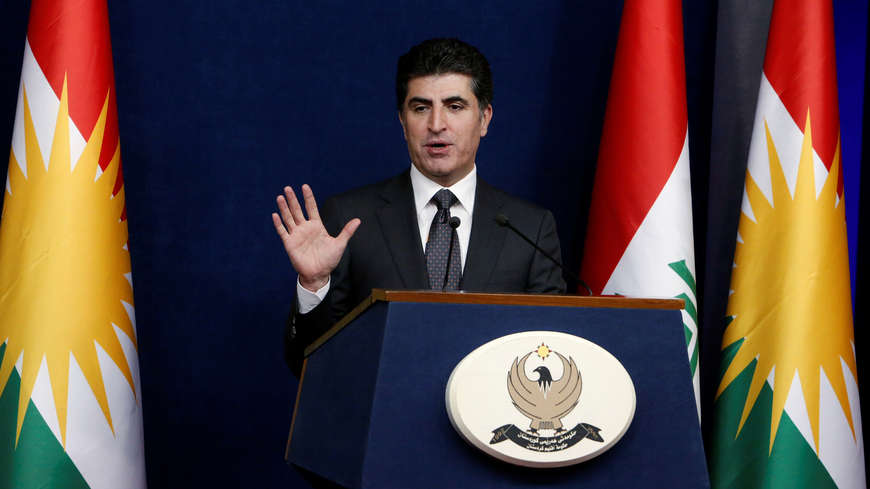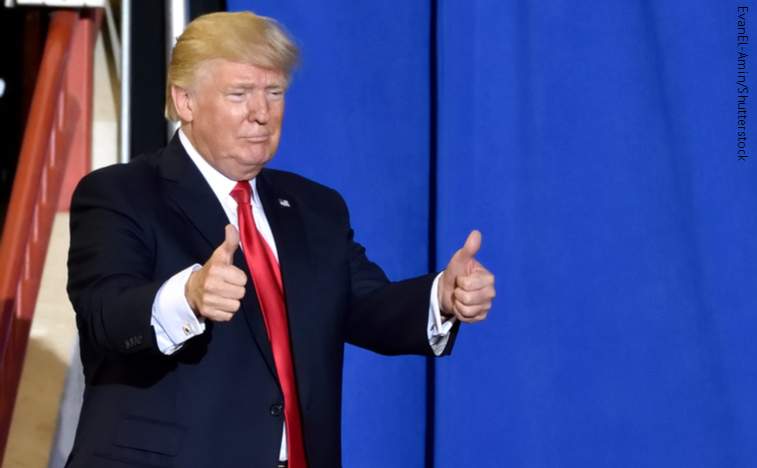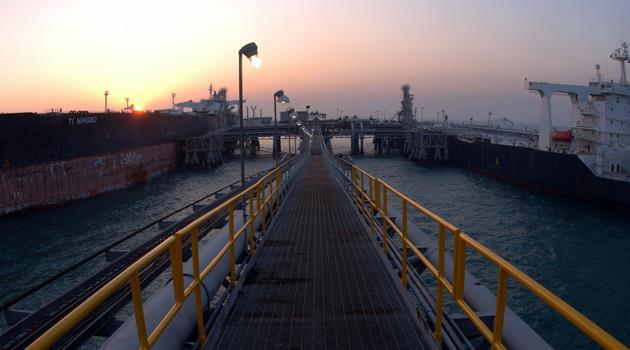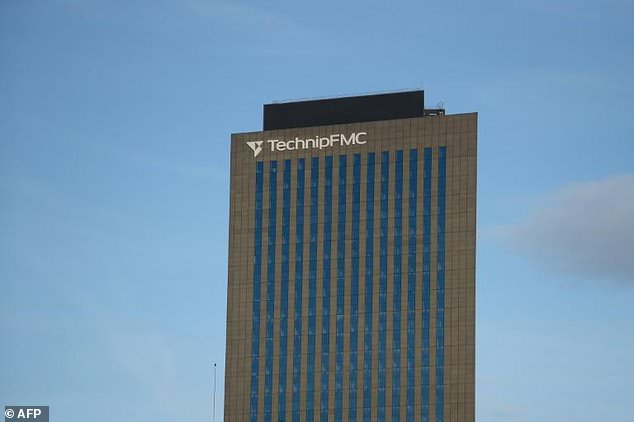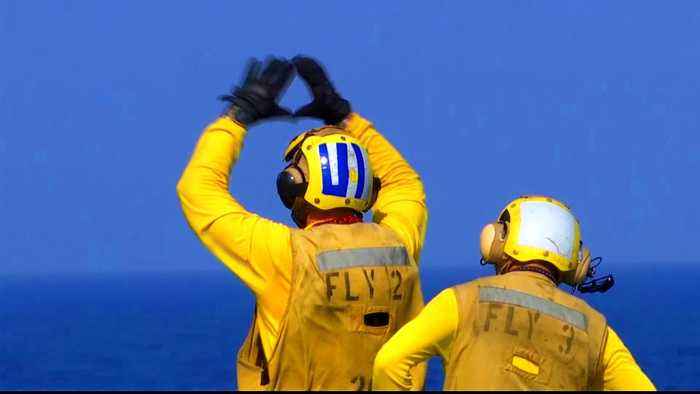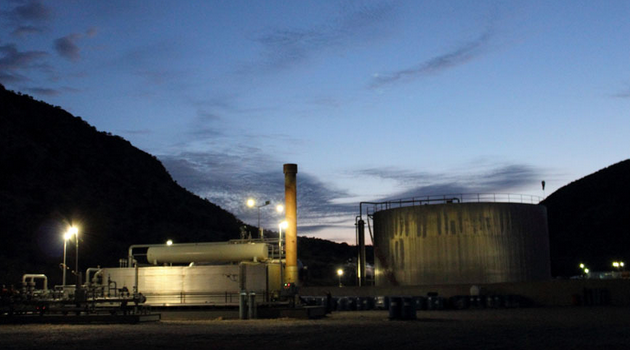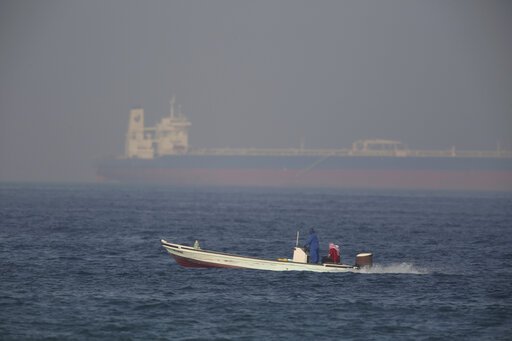By Omar Sattar for Al Monitor. Any opinions expressed here are those of the author and do not necessarily reflect the views of Iraq Business News.
President Nechirvan Barzani of the Kurdistan Regional Government (KRG) left Erbil for the first time since taking office and headed to the Iraqi capital on June 20 to discuss several outstanding issues with the central government, especially KRG oil exports, the public budget and the situation in the disputed city of Kirkuk.
After meeting with Iraqi Prime Minister Adel Abdul Mahdi, Barzani said they agreed to resolve outstanding issues based on the constitution and to convene a joint committee next week to negotiate oil, the budget, the peshmerga forces and Article 140 of the Iraqi Constitution, concerning a census in Kirkuk.
The most important issues addressed during the visit were Kurdish oil and KRG salaries. Baghdad has not yet received its share of KRG oil in about six months, but the federal Ministry of Finance continues to deliver salaries to KRG employees.

